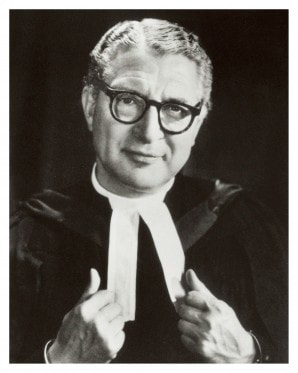|
Wecome to Logia, the personal blog of Paul Hartwig. Reflections and resources to enhance understanding of what God has revealed of himself in Scripture.
|
|
"Pay close attention to your life and to the doctrine. Persevere in them, because if you do, you will save both yourself and your hearers" (apostle Paul to young Timothy, 1T4:16)
'Salvation' is the master idea in the Bible. It is its biggest and most comprehensive word. It is a wonderful word! Yet what our minds think it means is not always what the Scriptures mean by it. I believe that a faithful approximation of this Biblical term (taken from the story of Creation and the story of the Exodus) should run like this: Salvation is that comprehensive work of the triune God, authored by the Father, accomplished by the Son, applied by the Spirit, whereby he takes his ruined image bearers out of sin and into service for the extension of his glory in the universe. The amazing thing about what Paul says to Timothy is the glorious and sobering conjunction between that salvation-work and Timothy. If Timothy lives a godly life and feeds on the sound Scriptural doctrine he learned from his grandmother, mother and later Paul, then he will mediate this grand salvation work into his own life and into the lives of those who hear. The implication of this is that we neglect godliness and doctrine at a great peril to both ourselves and our hearers. So, why go to a Seminary or Bible College? I simply answer: To better fulfill this verse. Many good institutions offer conditions whereby you can be further trained in godly lifestyle and sound doctrine. Seminary is of course not essential for this, but the conditions Paul gives are. Exercise yourself in godliness and nourish yourself on sound doctrine, for in doing this you will reap benefit in all things - both for all things in this life and in all things in the next life (1 Tim 4:8.) Who would not want that!
0 Comments
Sometimes entire books and subjects can be distilled into a few essential concepts. For example, the whole Scripture is fulfilled when we love one another. Such is the case with learning how to understand the Bible. I believe that we will fulfill all the principles of 'how to understand the Bible' (hermeneutics) if we ask each passage only three questions:
1. What did the author write? 2. What is the meaning intended by the author in that writing? 3. What is the significance of the meaning of what he/she wrote? Get these three questions right and you will always handle God's Word faithfully. All commentaries are mere footnotes to these master questions.  Methodist W E Sangster (1900-1960) wrote book on Christian holiness called The Pure in Heart: A Study in Christian Sancity (1955; London: The Epworth Press). I was glad to find that the important insights of John Piper and his 'Christian Hedonism' are also reflected in the follow practical illustration: "That pure a altruism is a moral absurdity, as grave, though by no means as common, as pure egotism, can be shown in an illustration. Here are two men, neither of whom falls in love but each of whom marries a nurse: one is a pure egotist, and the other a pure altruist. The first one marries the nurse, because, knowing his own family health record, he fears that some day he will be an invalid and he wants her tied to him that he may benefit by her professional skill. 'What a bounder!' the average man would say. 'What a low motive for getting wed!' But look at the pure altruist! He marries the girl, not because he loves her (there is no taint of self about him): he marries her because he thinks nobody else will, and life will be very lonely for her as time goes by, and the day comes when she can nurse no more. Moreover, he thinks that living with her will give him many opportunities for self-abnegation.... Will that please the girl? If she knew his real heart, would she wed? Is it not obvious that both fail? - and does not that last illustration give us the clue that we are seeking? There is happiness for the girl only in the knowledge that, in getting the man she loves, she is giving happiness. You cannot separate yourself from others. God make us members one of another and to take ourselves out of the family either by the high road of 'pure' altruism, or the low road of sheer egotism, lands us in absurdity at the end" (page 230) |
Categories
All
Archives
May 2023
|

